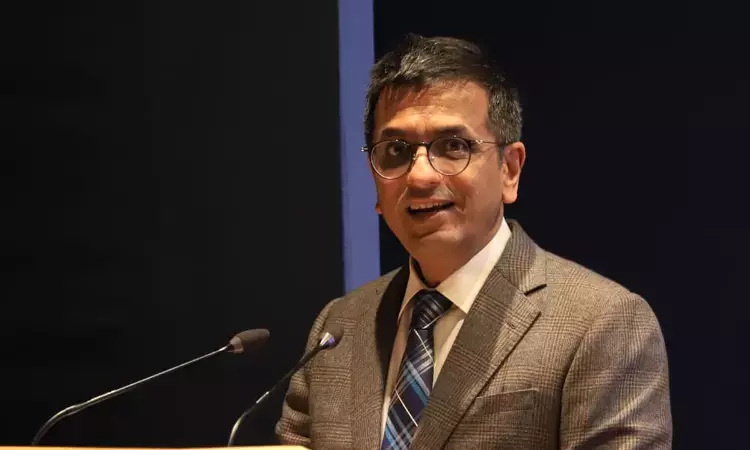Artificial Intelligence Can Handle Routine Tasks, Freeing Lawyers' Time For High-Value Work: CJI DY Chandrachud
Aiman J. Chishti
10 Aug 2024 4:24 PM IST

Next Story
10 Aug 2024 4:24 PM IST
Chief Justice of India DY Chandrachud emphasized that Artificial Intelligence (AI) can significantly enhance the efficiency of the legal profession. Drawing a parallel to how lawyers have previously adapted to technological advancements, he expressed confidence that they would similarly embrace AI.Speaking at the inaugural address of a two-day National Conference on "The Landscape of...
